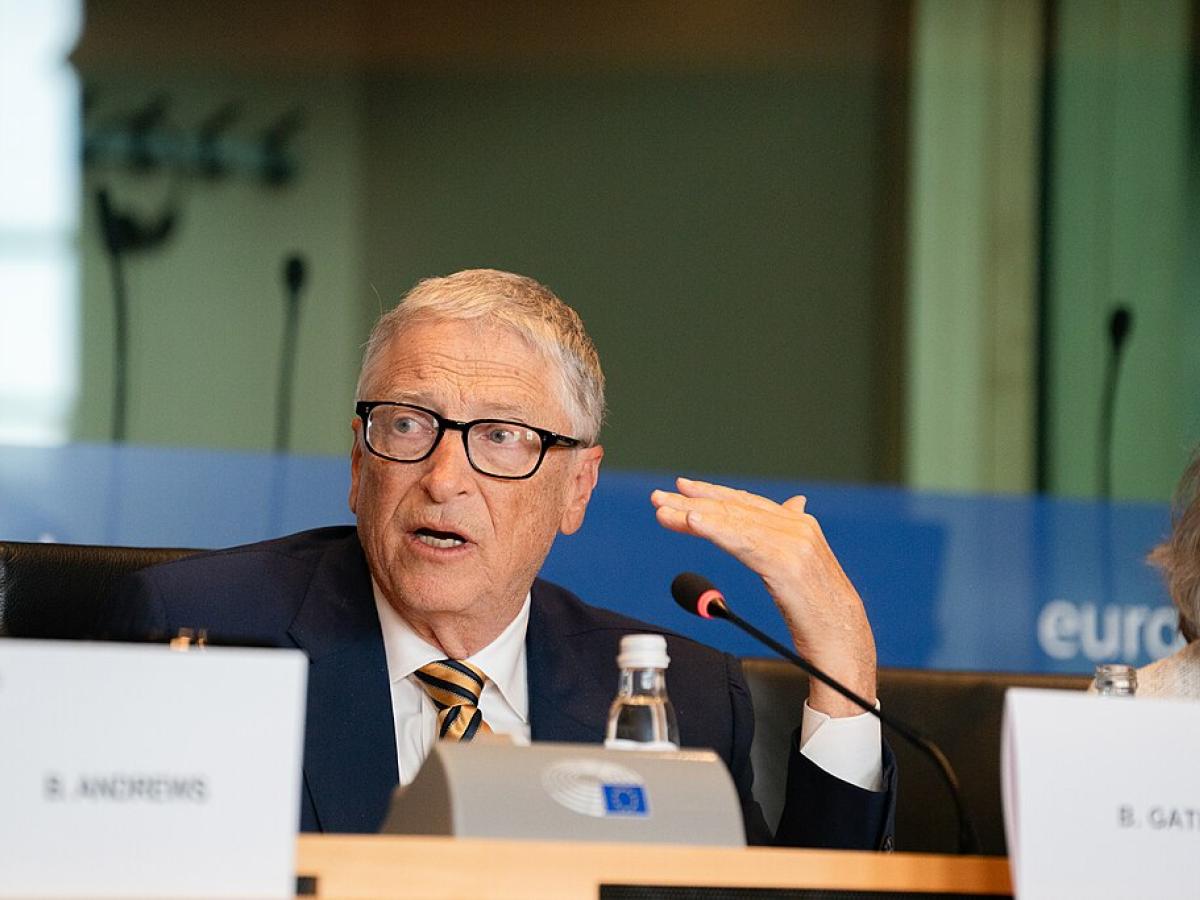
The brilliance and joy of medalists in the Paris Olympics is incredible to see. Their discipline and sacrifices in training pay off in mesmerising displays of excellence and moments of pure elation. Yet for there to be winners, there also must be losers, and there have been revealing moments of crushing disappointment which are never nice to see. Sadly, Sandro Bazadze, world number one in fencing, could well go down in Olympic history as ‘the distraught loser who lost it’ in a furious rant at the referee as he was eliminated in the last 16 of the men’s sabre. What is it that makes some people explode like that? What is it that changes a healthy motivation to excel into a toxic desperation to achieve? What is it that changes a human being who is fully alive into an anxious person, so driven to succeed that they cannot bear to fail?
That is likely why Bazadze erupted. When he was denied success, he was denied who he thought he was.
Few of us will achieve Olympic greatness, or the media recognition that redefines an athlete’s profile by forever linking their name to their achievement. But we all have an inner tendency to believe that our value is based on what we can achieve. We live in a culture that continually sends us the message that approval and worth depend on your results. Many of us believe it, and then fall for a life of continuous intensity - a ‘cycle of grief’ as we fiercely strive for results, but mourn the loss of our inner peace. And this cultural message of acceptance through achievement becomes really toxic when we begin to believe the lie that our identity is based on our performance. That is likely why Bazadze erupted. When he was denied success, he was denied who he thought he was. “The referees have killed me”, he exclaimed.
It’s not just athletes who are at risk from this. Think about how our education system sends the same message about grades. Thousands of teenagers suffer anxiety and mental illness as they face exams, because they believe their self-worth depends on their marks. As GCSE results are published this month, thousands will be congratulated, but some will become depressed from failure.
I know many workplaces where ‘performance management’ has become so oppressive that it leads to drivenness, perfectionism and burnout. Even retirees can feel driven to complete their ‘bucket list’ before they die or become infirm. So, people in all walks of life easily become addicted to the treadmill of ‘performance-based living’ and feel tired, trapped and troubled. Labouring under the false belief that self-respect depends on achievement. If you believe that, you cannot fail or even be ill without feeling deficient.
There is a deep peace in that. A freedom and resilience that makes it possible to compete without fear of failure.
There is a better way. We can choose to renounce that pernicious lie of a performance identity and affirm the deep truth that our real identity and significance is found in who we are as God’s much-loved children. We can anchor our emotions in the security of that true identity. If Bazadze had really understood and internalised this, he would still have been disappointed with the judges decision, but not destroyed by it.
It is possible to decide to face up to the mania for results and our culture of continuous intensity. That is what Sabbath is about – an act of resistance against a world dominated by the need for success. God knows we need a break, not only to rest, but to recentre our hearts and minds on the truth. We are loved unconditionally and don’t need to strive to achieve in order to be accepted and significant to God. There is a deep peace in that. A freedom and resilience that makes it possible to compete without fear of failure. In the Bible, the word excellence is never applied to achievement, only to character, and the most excellent way is defined as love. The Christian worldview celebrates great performance, but avoids making an idol of it, because that leads to a destructive obsession and to insecurity.
Being secure in God is not about avoiding competition or pressure. It is learning to pursue outstanding attainment free from any sense of our identity being stolen by our grades, or jobs, or whether other people approve of us or award us medals. Top quality performance is superb and we should give our best with all our heart whatever we do. But God is a God of grace, who loves, accepts and dignifies everyone unconditionally, including those who didn’t even qualify for the Olympics, just as much as those who were on the rostrum.






